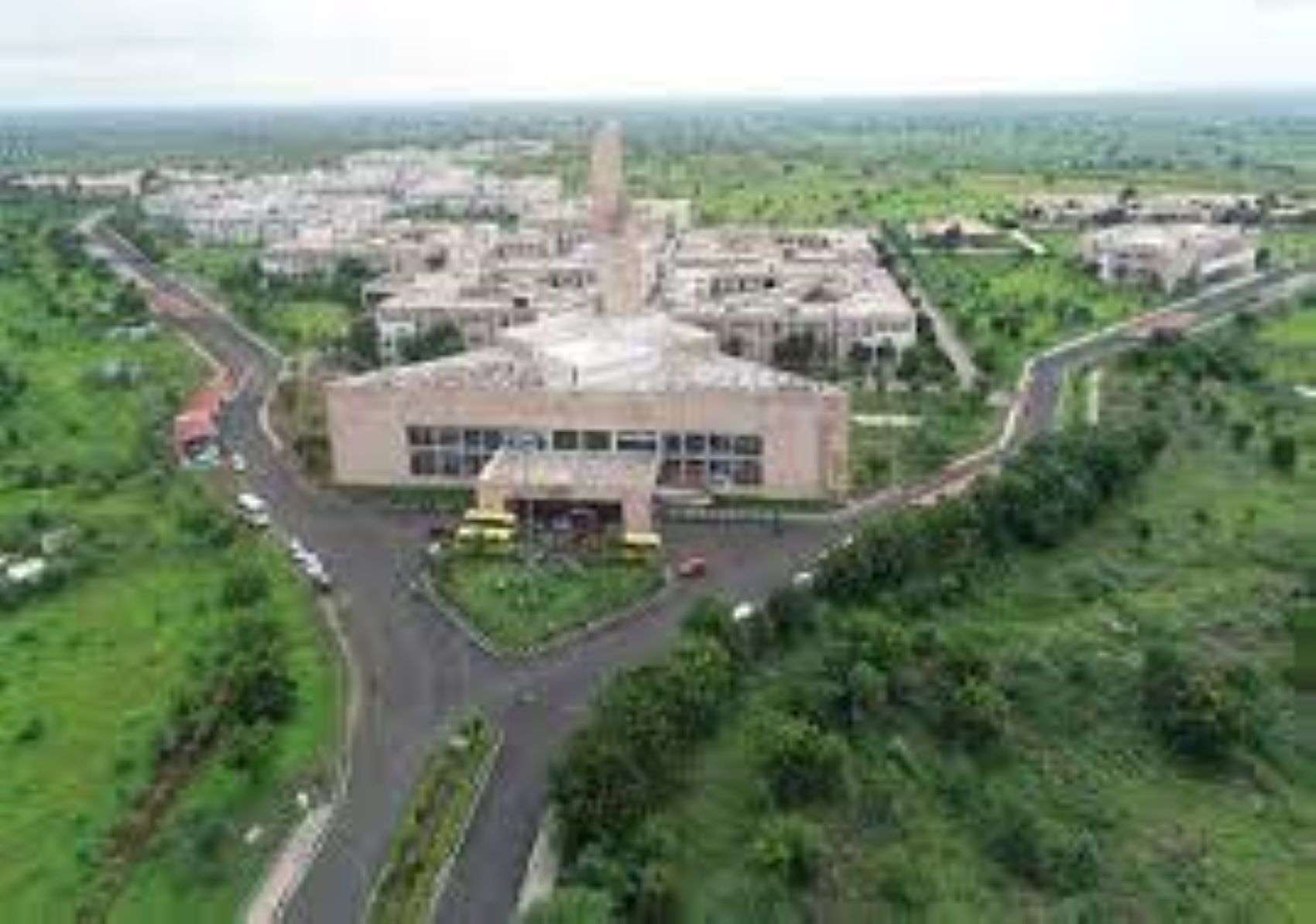On September 19, the government withdrew three bills related to labor laws and replaced them with new ones. These bills introduce significant changes to labor regulations and the employer-employee relationship in several ways.
- India has a complex system of labor laws and several committees have recommended simplifying and simplifying them. Last year, the government introduced four labor codes in the form of bills to replace 29 existing laws.
- These codes deal with the regulation of wages, occupational health and safety, social security and labor relations. The Wage Code was approved by Parliament last year.
- In recent months, the Permanent Labor Commission has presented its reports on the other three bills. These are the three bills that the government replaced and introduced into the Lok Sabha.
Major Changes
Several aspects of these bills differ significantly from previous bills. Let’s call the bills new bills of 2020 to distinguish them from the bills of 2019 that have been considered by the Standing Committee and then withdrawn.
- First, the 2020 bills raise various thresholds. The Factories Act of 1948 defines any manufacturing unit as a factory if it employs 10 workers (and uses electricity) or 20 workers (without using electricity). These thresholds will be raised to 20 and 40 workers respectively. The Industrial Conflict Act of 1947 requires any establishment employing more than 100 workers to seek government authorization before making a reduction; the threshold has been raised to 300 and the government has the power to raise it by notification. These changes have been debated for more than two decades, but were not proposed in the 2019 bill. The Industrial Employment (Regulation) Act of 1946 requires employers to formally define conditions of employment under these if they have at least less 100 workers. Bill 2020 raised this threshold to 300 workers.
- Second, they give the government the power to exempt institutions from some or all of its provisions. The Labor Relations Code regulates working conditions, unions, reductions and dismissals, the resolution of conflicts and creates labor courts. The government may, in the public interest, exempt any new industrial establishment from the provisions of this code. The Safety, Health and Working Conditions Code specifies licenses and maximum working hours, requires health and safety standards that include adequate lighting and ventilation, and welfare measures. It includes 13 laws, including the Factories Act. Bill 2020 allows the state government to exempt any new plant from its provisions in the interest of increased economic activity and job creation. Since each new factory would result in an increase in employment, this gives the state government the discretion to exempt new factories from basic safety and welfare standards. Note that the Factories Act allowed such an exemption for a limited period of three months only in the event of a “public emergency.”
- Third, there are some changes related to contract work. The 2019 bill was applicable to establishments employing at least 20 contract workers and contractors providing at least 20 workers; these thresholds were raised to 50 workers. The 2020 Code prohibits the employment of contract workers in any major activity and specifically allows employment in a specific list of secondary activities, including canteen, security and sanitation services.
- Fourth, the 2019 workplace safety bill allowed the government to ban the employment of women in operations that could be dangerous to their health and safety. Bill 2020 removes this power to ban employment and instead allows the government to require employers to provide adequate safeguards.
A change of direction
The three bills (the 2019 and 2020 versions) also show a major shift in focus from previous laws. Many essential features of the law are no longer specified in codes, but have been delegated to be prescribed by the government through rules.
- Examples of delegated elements include establishing thresholds for the application of various social security schemes, specifying safety standards and working conditions, and the power to increase the threshold for establishments that must apply for a authorization before downsizing. An important question is whether these characteristics should be hard-coded into laws.
- Another important question to consider is whether there should be any flexibilities for small businesses to reduce their compliance burden. Arguably, some issues, such as safety standards, should apply to everyone, while others that ensure job security might be based on the size of the company.
- The Occupational Safety Bill (which prescribes safety standards and maximum working hours) exempts small establishments from its scope, while the Labor Relations Bill applies to all .
- These three new bills were introduced on Saturday and Lok Sabha’s business advisory committee has allotted three hours for them to be discussed and approved this week.
- Together, these bills contain 411 clauses and 13 schedules and total 350 pages. The provisions of the bill affect all people working in India and all employers and deal with complex issues.
- It is hard to believe that Members of Parliament, who attend Parliament every day, including weekends, have had the time to read and understand the implications of the various provisions of the bill.
- As mentioned above, the bills also feature several key changes from the 2019 bills that were considered by the Standing Committee.
- Therefore, it is important that there be further scrutiny and public debate on these bills. They should go to the Standing Committee. After all, a comprehensive reform of labor law should only come after due deliberation.










More Stories
Registration for CLAT 2025 begins today; last date October 15
CLAT 2025 registration will begin on July 15
Delhi University 5 Year Law Programs Registration Begins